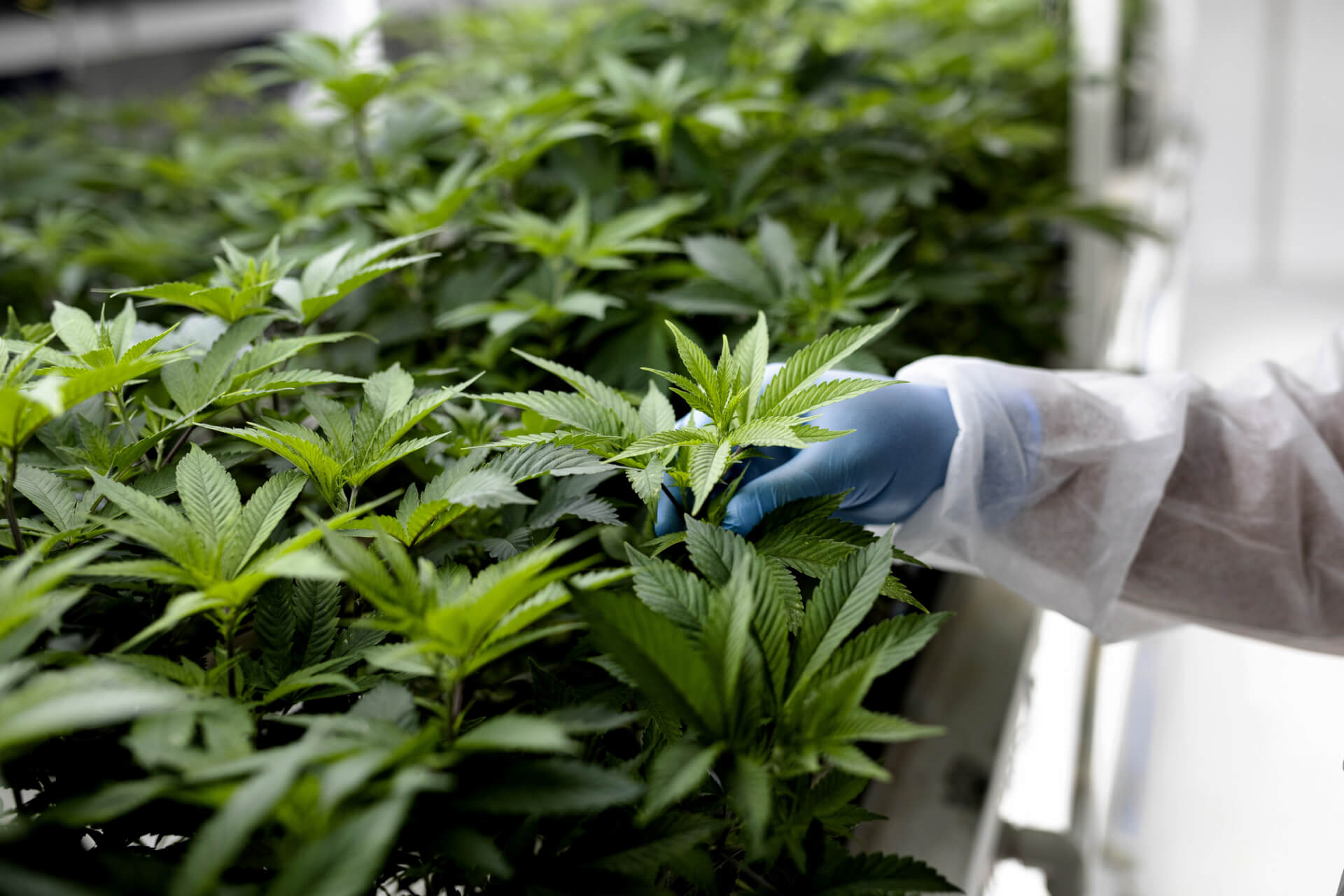
By John Kane
The writer is vice-chair of the Maryland Minority Cannabis Business Association, a nonprofit organization whose mission is to promote equal access for minority business owners by advocating for policy considerations in Annapolis and providing industry education to achieve equity for the communities most affected by the War on Drugs.
During the 2021 General Assembly session, the first comprehensive legalization bill, House Bill 32 — The Cannabis Legalization and Regulation, Inclusion, Restoration and Rehabilitation Act of 2021 — was introduced and championed by Del. Jazz Lewis. His legislation focused on racial and social justice, ended cannabis prohibition in Maryland, and replaced it with a system to tax and regulate cannabis for adults 21 and older. In addition to legalizing the possession and cultivation of cannabis for adults, it included:
- Expungement and release for past cannabis offenses;
- Establishment of a social equity program to promote participation in the legal cannabis industry from minorities and those hardest hit by the war on cannabis;
- Startup funding and training for social equity businesses; and
- A focus on serving communities impacted by poverty, mass incarceration, and racism.
In the last session, the legislature punted the issue to a referendum on this November’s ballot, which by all accounts appears to enjoy the support of 60%+ of voters. (Note: Of the 17 other states that passed cannabis legislation, only half went to a referendum.)
One of the most controversial issues about cannabis regulations is ensuring that people of color have an equal opportunity to compete in the market. The most recent disparity study, Business Disparities in the Maryland Market Area, provided strong evidence for applying race- and gender-conscious remedial measures when awarding medical cannabis licenses, given current disparities defined as “large, adverse, and statistically significant.” The referendum calls for a new disparity study to examine the present business market and what might be needed to help minority businesses enter the industry.
Unfortunately, despite this study, we believe minority entrepreneurs pursuing recreational cannabis licenses may face the same conditions this time around as current medical license owners will seek to be grandfathered into the recreational market. Why else would Trulieve, an industry giant with $1.2 billion in annual revenue that owns and operates more than 150 dispensers in eight states (and three medical dispensaries in Maryland), fund a $50,000 campaign supporting the referendum’s passage?
You are not alone if you are scratching your head and thinking, why would anyone in Maryland think that Trulieve gives a damn about minority businesses in Maryland being excluded, again, from an opportunity to compete?
We know that grandfathering current medical license holders ahead of minority entrepreneurs will prevent economic empowerment for people of color due to market saturation and limiting access to capital. We also know that if Maryland is going to pay more than lip service to the idea of ensuring diversity, inclusion, and equity in a new and rapidly expanding sector, members of the legislature need to ask themselves: “What’s our goal?”
Is it to generate as much tax revenue as possible or provide economic empowerment opportunities for people of color whose communities were ravished by the War on Drugs?
Unfortunately, you cannot do both.
"hear" - Google News
September 29, 2022 at 05:34PM
https://ift.tt/5ImY3KU
Commentary: As cannabis legalization looms, do you hear the screws turning again? - Maryland Matters
"hear" - Google News
https://ift.tt/WynIjEU
https://ift.tt/8pSGjQI
Bagikan Berita Ini














0 Response to "Commentary: As cannabis legalization looms, do you hear the screws turning again? - Maryland Matters"
Post a Comment